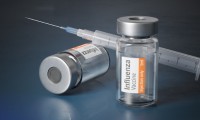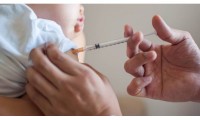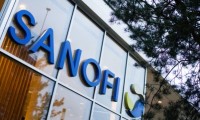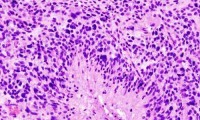-
ADC Discontinues Zynlonta Trial in DLBCL After Seven Deaths
- Source: drugdu
- 240
- July 25, 2023
-
Vir’s GSK-Backed Flu Vaccine Candidate Fails Phase II Trial
- Source: drugdu
- 151
- July 25, 2023
-
Sanofi Expects Infant RSV Shot to Roll Out Before Respiratory Virus Season This Fall
- Source: drugdu
- 127
- July 25, 2023
-
ADC Therapeutics Pulls the Plug on Zynlonta Study After Partial FDA Hold
- Source: drugdu
- 112
- July 25, 2023
-
J&J’s Darzalex Stays on its Upward Trajectory as Company Adds $1B to Annual Sales Projection
- Source: drugdu
- 117
- July 24, 2023
-
Sanofi Puts Up $125M to Partner on Oral Drug That Could Be Dupixent’s Successor
- Source: drugdu
- 110
- July 22, 2023
-
Phase III Data Show Keytruda’s Promise in Earlier-Stage Cervical Cancer
- Source: drugdu
- 107
- July 21, 2023
-
Researchers Report on Inhibitory Effect of Glioblastoma Signals to Macrophages
- Source: drugdu
- 128
- July 21, 2023
-
US FTC Requests More Information on Pfizer’s Proposed $43bn Seagen Acquisition
- Source: drugdu
- 222
- July 21, 2023
-
Pfizer Group B Strep Vaccine for Infants Returns Encouraging Mid-Stage Trial Results
- Source: drugdu
- 110
- July 21, 2023
your submission has already been received.
OK
Subscribe
Please enter a valid Email address!
Submit
The most relevant industry news & insight will be sent to you every two weeks.













